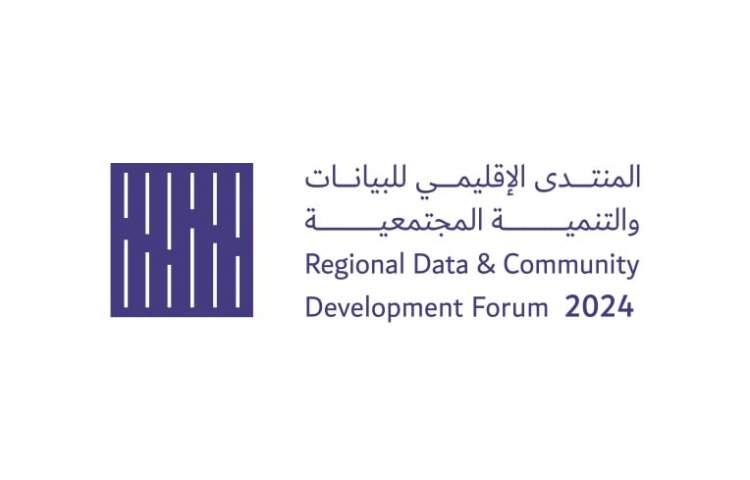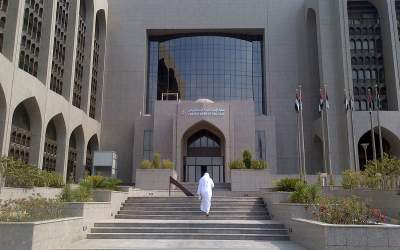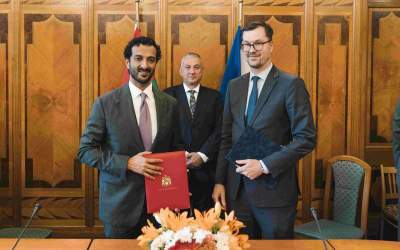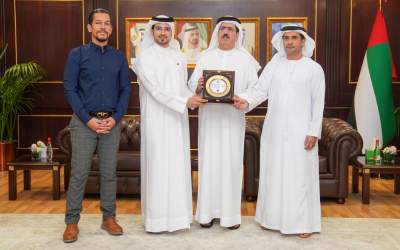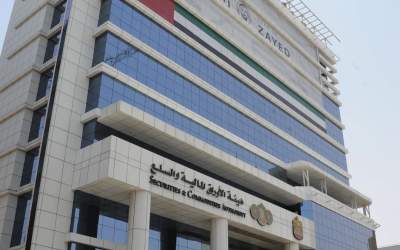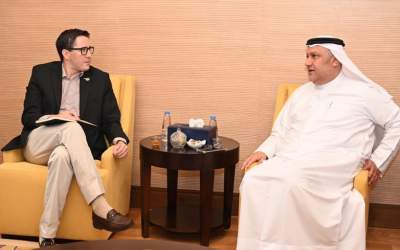The Department of Statistics and Community Development (DSCD) of the United Arab Emirates is hosting the "Regional Data Assembly and Community Development" meeting.
Publish dateSunday 22 September 2024 - 19:41
This meeting is the first event of its kind in the region with federal, regional and international institutions.
The Economic and Social Commission of the United Nations for Western Asia (ESCWA), the Statistics Center of the Persian Gulf Cooperation Council and Cooperation with Education, and the Islamic World Educational, Scientific and Cultural Organization (ICESCO) participated in this meeting.
The partners will organize more than 10 sessions that will discuss various topics including the role of data in infrastructure development, increasing sustainability, predicting the future of the labor market, improving the quality of life and supporting communities, as well as the well-being of the elderly.
Led by distinguished speakers from various countries including Sudan, Yemen, Qatar, the United States, Saudi Arabia and Oman, these meetings aim to promote cooperation and exchange of expertise to achieve sustainable development in the region.
The Community and Regional Data Development Forum brings together global experts and decision makers from various sectors in social and economic development, data professionals and statistical institutions to discuss, exchange and promote the use of data to address social issues.
ESCWA will host a session on "Data Delivery Strategies in Conflict and Humanitarian Crises in the Arab World" in the "Innovative Data" stage on the first day. This session will explore best practices for maintaining a continuous and accurate flow of data during crises, such as armed conflicts and natural disasters.
ESCWA will organize a session entitled "Integrating Traditional and Non-Traditional Data for Labor Market Forecasting in the Arab Region" on the second day of the forum in the "Innovative Data" stage. The session will explore how to integrate the best of traditional data sources, such as government statistics and official records, with non-traditional sources, such as social media and big data, to provide a comprehensive understanding of labor market needs, anticipate potential challenges and forecast economic growth across the region. Speaks Arabic.
The Statistical Center of the Arab Gulf Cooperation Council (GCC-Stat), in collaboration with HelpAge International and the United Nations Population Fund (UNFPA), will organize a series of workshops focusing on enhancing the rights and well-being of the elderly through the use of data. .
With three daily workshops, discussions will focus on addressing the needs of older adults, the impact of aging data on government policy in GCC countries, and adapting data systems to better serve aging populations.
The workshops will also explore a human rights-based approach to aging policy development, older adults' participation in policy development and review, and challenges and opportunities for improving data on this demographic.
In addition, GCC-Stat will also host two sessions on "Measuring Healthy Life Expectancy Index" in the "Transformative Data" phase on the second day.
Meanwhile, ICESCO will hold a session on "Data and Infrastructure Development and Service Quality Improvement" on the first day of the transformative data stage. Speakers will explore how data can be used to identify infrastructure needs and support decision-making in planning and development.
It highlights regional and international case studies where data has improved efficiency in the transport, energy, water and telecommunications sectors.
This session will explore how data analytics can identify gaps and contribute to sustainable solutions that enhance quality of life and meet the needs of expanding societies.
amacnews.com/vdch.knzt23n-x10d2.html
Source : news agency wam
Most viewed
